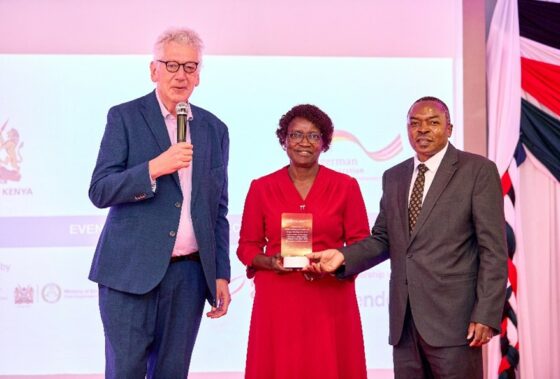Sustainability Series – Part 1: Why solar energy still works in rural Mali
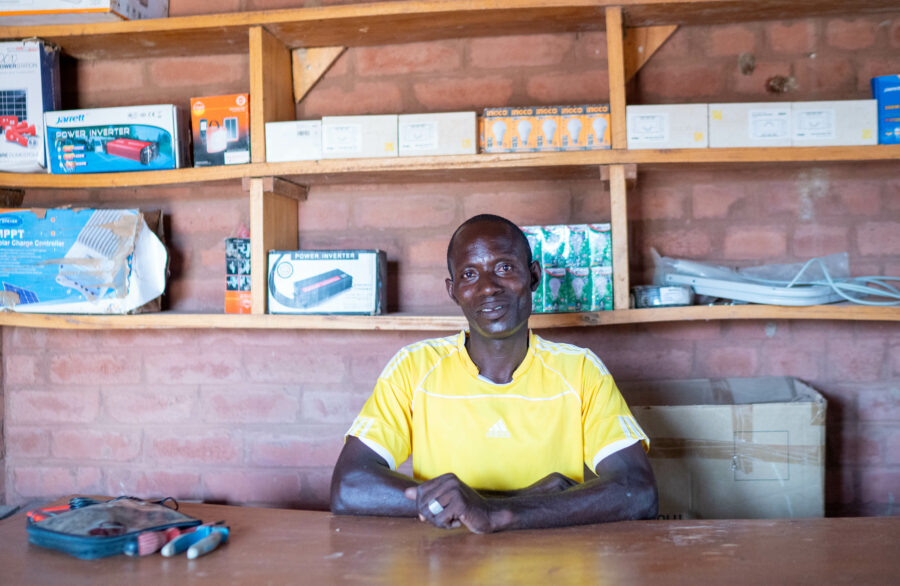
In a country marked by fragility, insecurity, and limited infrastructure, sustaining development gains is no small feat. Yet in Mali, communities supported by EnDev have managed to keep the lights on — literally — for more than 15 years. In total, over 50,000 people in Mali now benefit from reliable electricity, more than 31,000 use modern cooking solutions, and hundreds of institutions and small businesses have been supported through EnDev’s work in the country.
The beginning: energy kiosks that power communities
When EnDev first began working in Mali, access to electricity in rural areas was scarce. To bridge this gap, EnDev and its partners introduced energy kiosks — small, community-managed centres that provide access to solar products, maintenance services, and training.
Each kiosk became a local energy hub: offering pico PV systems, charging services, and later, productive use of energy (PUE) technologies such as solar-powered refrigerators. Through this model, communities could not only access electricity but also use it to generate income and strengthen local economies.
The secret to longevity: local ownership and trust
The project supported a model built on four key pillars:
-
- Locally operated energy kiosks, managed by trained technicians, provided access to pico PV technologies along with spare parts and maintenance services, even in rural areas.
-
- Revolving funds were established for each energy kiosk to cover the purchase of new stocks of pico PV systems, repairs, and spare parts. Later, PUE technologies such as refrigerators were also included in this approach to ensure continued access to electricity and to support income-generating activities in rural areas.
-
- Energy committees made up of local residents and council members to take responsibility for managing the kiosks as well as the energy needs of the community such as streetlights and manage the revolving fund including repayment.
-
- Local technicians who were trained, ensuring knowledge stayed within the community as well as access to repair and maintenance.
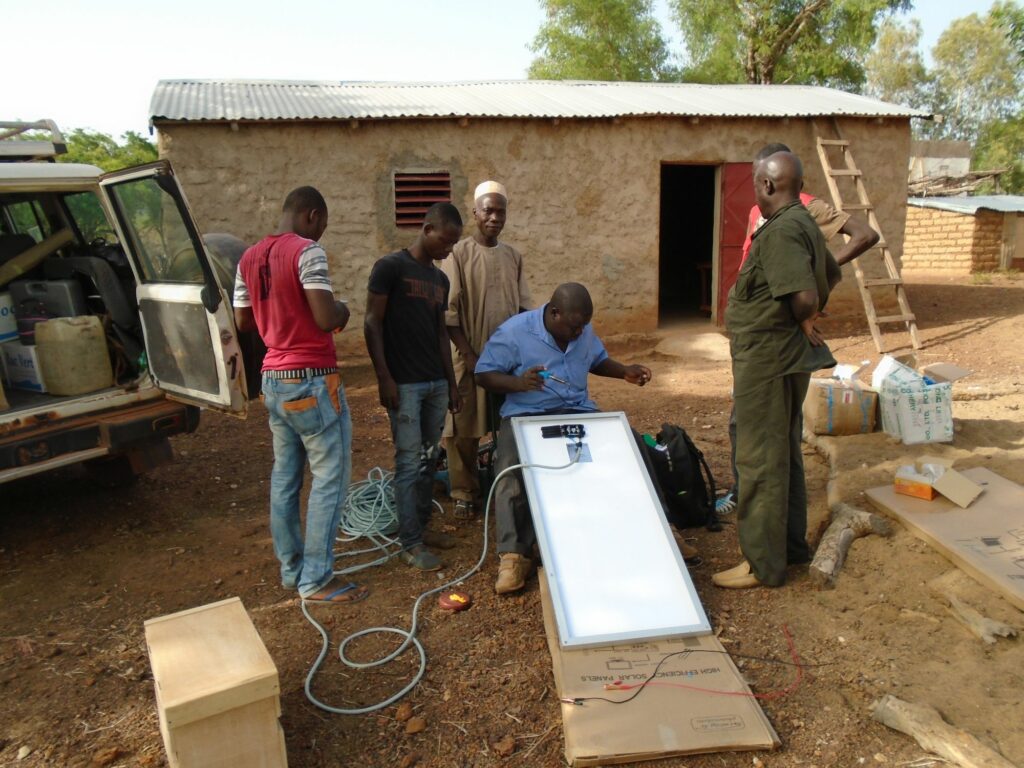
Fifteen years of electrification — What makes this impact last?
But what makes this impact last? Remarkably, more than half of those energy kiosks are still operational today, serving around 8,000 people. Those that closed did so when insecurity following the 2012 crisis forced communities to relocate and disrupted local markets. Their closure was not a failure of the model, but to external conditions – a reality that underscores the resilience of those kiosks that continue to operate to this day.
Beyond the difficult security situation, other challenges such as complex community structures or microfinance institutions going bankrupt made sustainability even harder. To minimise these risks, EnDev refined the kiosk approach to create a viable, community-based business model capable of withstanding shocks like insecurity, repair needs, or ageing equipment.
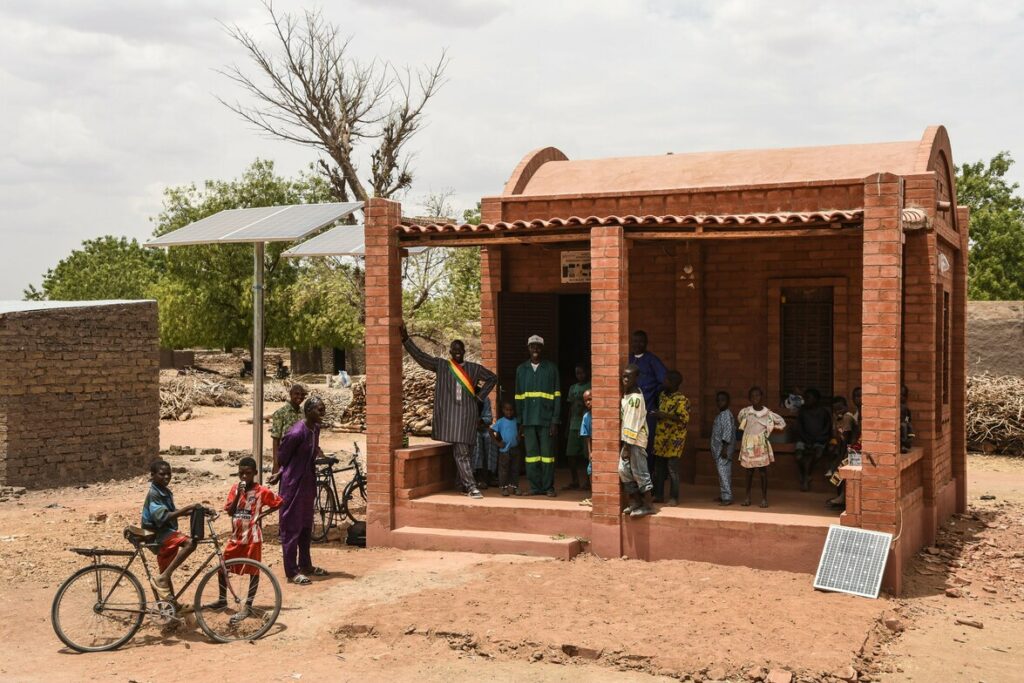
Energy that pays back: powering services and livelihoods
Over time, the kiosks evolved. Initially focused on recharging batteries, they expanded to sell pico PV kits and later PUE equipment such as refrigerators— financed through the same revolving fund mechanism.
Today, this adaptive model continues to grow, with pilots for solar-powered irrigation pumps currently underway. All PUE technologies provided under this approach are still functioning and in use — a strong indication that integrating income-generating activities has further strengthened the sustainability of local energy systems.
Fifteen years on, the impact has been transformative: energy access has expanded in these areas. Families now have reliable lighting that allows their children to study at night. Kiosk owners have launched new productive activities that improve income and livelihoods. Health centres and schools themselves used the electricity from the kiosks to develop small income-generating activities — such as phone charging or cold storage — which helped them cover part of their running cost and allowing them to operate at night, extend learning hours and support more effective local administrations. Furthermore, jobs have been created.
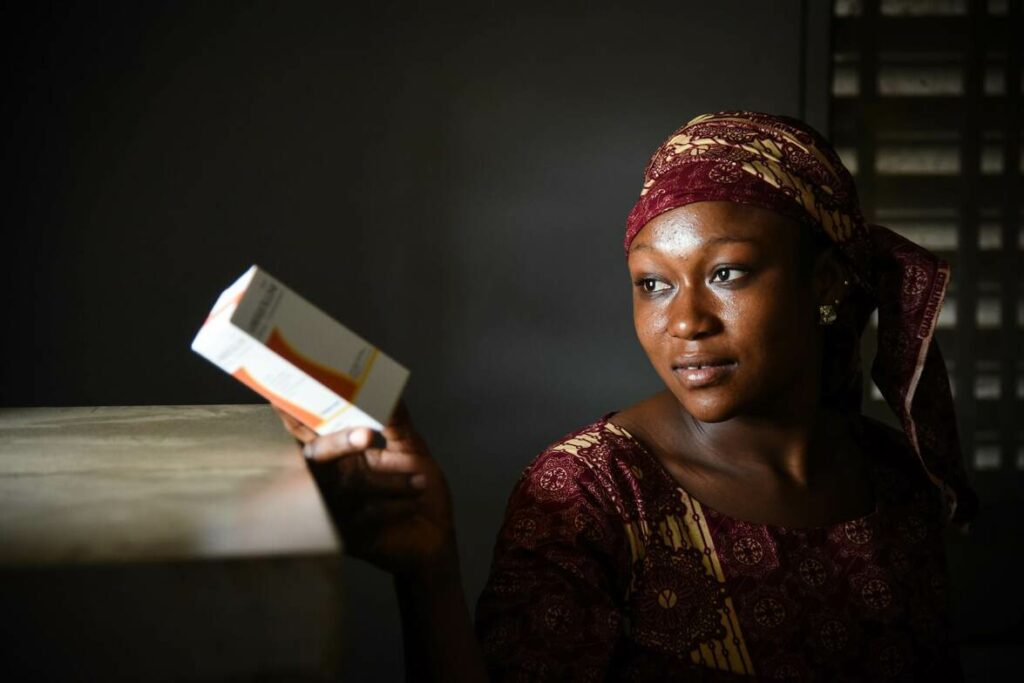
Empowering people to power themselves
These lessons continue to shape EnDev’s work today. By investing more resources into supporting and strengthening local actors from the very beginning, EnDev ensures that energy access does not depend on continued external support — but can thrive long after projects end.
The energy kiosks continue to deliver reliable electricity to thousands of people. This demonstrates that when communities are empowered to manage their own energy systems, they can create lasting impact that goes far beyond technology: powering schools, health centres, businesses, and above all, opportunities for a better future.
EnDev in Mali : Sustainable energy for the long term
Despite the challenging political, security, and market conditions, EnDev remains committed to expanding access to modern energy in Mali. Through its efforts, over 50,000 people now have electricity, more than 31,000 benefit from modern cooking solutions, and hundreds of service institutions and MSMEs are supported, demonstrating tangible, lasting impact on communities, displaced populations, and local enterprises.
